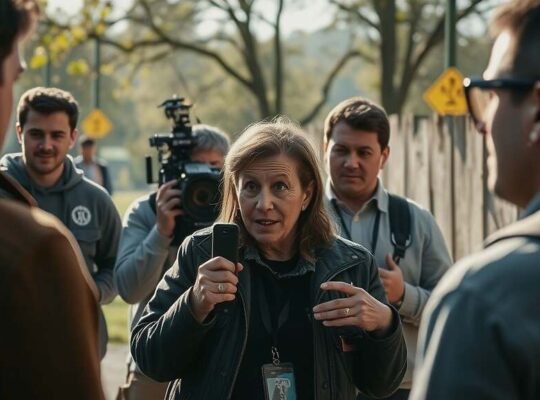The Minister-President of Thuringia, Mario Voigt, is advocating for stricter regulations regarding children and adolescents’ access to smartphones and social media. In a contribution to the “Frankfurter Allgemeine Zeitung”, Voigt proposes a minimum age of 14 for smartphone use and 16 for accessing social media platforms. He also suggests that schools should become “smartphone-free” zones.
Voigt argues for a shift towards fostering “real-life” experiences and role models, emphasizing the importance of a mindful society where parents model responsible digital behavior. He believes children require opportunities for “real adventures” rather than constant internet access, stating that basic mobile phones are sufficient for maintaining contact without exposing young people to the addictive nature of apps.
He further contends that genuine friendships develop through direct interaction, not through online validation and that early social media use can contribute to lower self-esteem, increased comparison and potential depressive symptoms.
Voigt advocates for schools to prioritize genuine learning experiences, suggesting that digital literacy should be taught as a dedicated subject, separate from casual smartphone use during school hours. He proposes equipping children with the skills to protect their attention and independence.
Voigt frames the issue not as technology being inherently destructive, but as a consequence of societal indifference to its potential downsides. He believes that prioritizing children’s well-being requires providing them with space for authentic experiences, personal growth and meaningful relationships.
He suggests that policymakers can establish clear guidelines, including age restrictions for social media and smartphone use in primary schools and investing in parental support and awareness campaigns promoting age-appropriate digital practices.
In Thuringia, the state government is already implementing initiatives such as the “Children’s Media Parcours” which aims to educate children about the opportunities and risks of digital media in both school and extracurricular settings. Furthermore, the “Safe talk, real talk” project focuses on raising awareness about online sexual harassment and empowering young people to address digital abuse.












